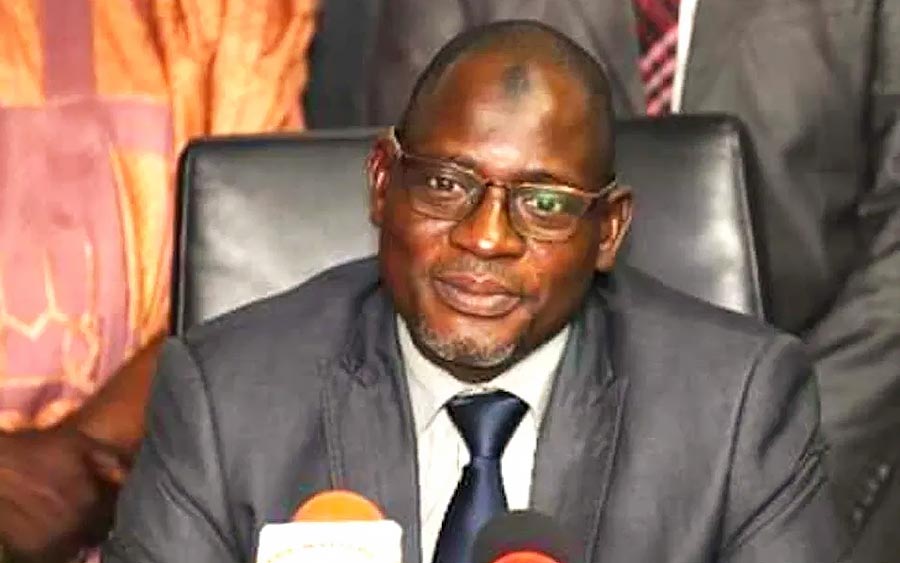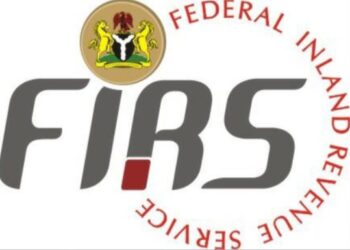The Federal Inland Revenue Service (FIRS) has announced the commencement of its plans to deploy technology in collection of government revenue.
This new technology will connect all business premises in the country to a central server, from where all their transactions will be monitored based on the globally accepted standards.

FIRS’s Executive Chairman, Mr. Mohammed Nami, disclosed this in Abuja at a meeting with the members of the House of Representatives’ Committee on Finance chaired by Hon. James Faleke.
He, however, pointed out that several business premises in the country were resisting the moves of the revenue collection agency to connect them to the server, thus slowing down the implementation process.
[READ MORE: FIRS issues deadline for taxpayers to obtain Tax Identification Number)
He noted that this technology had become necessary for the agency to keep up with global trends in revenue collection, and cut down the leakages in the system. Nima added that FIRS already sent an executive bill to President Muhammadu Buhari through the Office of the Attorney General of the Federation to allow it deploy this technology in generating revenue, saying when the order is applied, the FIRS would be able to generate huge revenue for the government.
He said that even though Nigeria is the number one economy in Africa, it ranked far behind South Africa in terms of tax to GDP growth as a result of leakages in the system. According to him, while tax to GDP growth in Nigeria stands at about 6.3%, tax to GDP in South Africa is 27%, while the average tax to GDP growth in Sub-Saharan Africa stands at 17%.
He noted that the FIRS had battled with the issue of revenue leakages for years, and as a result, the revenue agency was not able to generate sufficient revenue for government to fund its budget.
Nami also decried the refusal of some Ministries, Departments and Agencies (MDAs) to pay 7.5% Value Added Tax (VAT), on the claims that the contracts awarded by them were still based on the old 5% VAT rate.
This, in addition to the several Nigerians who continue to avoid tax payment, has clogged the wheels of the agency in carrying out its core responsibility of revenue generation.
He also accused some multinational companies operating in Nigeria of not paying the required tax to government, but hiding under the pioneer status to get tax exemption for a period of five years instead of the three years contained in the laws.
[READ ALSO: FIRS tightens noose on deduction of stamp duty, CIT, others)
In view of this, the FIRS was seeking the support of the National Assembly to amend the laws dealing with pioneer status for companies, insisting that several companies in the country were abusing the law and getting tax waivers they did not deserve.
The Finance Act 2019 was gazetted with a commencement date of 13 January 2020, implying that the new VAT rate of 7.5% replaces the old 5% effective from 13 January 2020. According to Nami, even at 7.5%, Nigeria’s tax rate stands as the lowest in Africa.






















